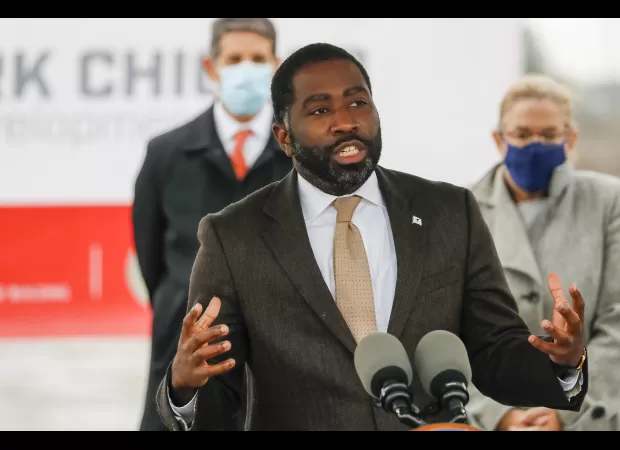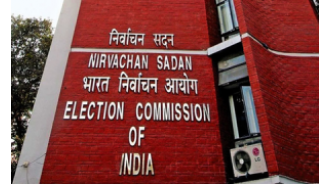Illinois may soon ban "captive audience meetings" about labor matters in the workplace.
Illinois lawmakers are moving forward with a bill to ban mandatory meetings with anti-union messages for employees.

Lawmakers in Illinois are making progress on a new measure that aims to prevent employers from forcing their employees to attend meetings with anti-union messages. This bill has gained support from individuals who believe that these "captive audience" meetings have had a negative impact on union campaigns in the Chicago area. It is important to note that the bill does not completely ban these meetings, but rather prohibits any retaliation against employees who choose not to attend.
Illinois AFL-CIO President Tim Drea expressed the importance of allowing employees to walk away from these meetings without fear of being punished. The bill was recently passed in the state Senate, with votes divided along party lines. Drea also mentioned that the bill has been amended to make exceptions for religious or political employers, such as Catholic schools.
However, there are some business groups in Illinois, including the Illinois Chamber of Commerce, who are against this legislation. Similar laws in two other states have resulted in lawsuits from business coalitions, though these have not yet been resolved. According to the Economic Policy Institute, seven states have already enacted similar legislation, with about 15 more states introducing similar bills since 2022. The trend of implementing captive audience laws has gained traction in state legislatures, especially in the past two years.
Illinois Chamber President and CEO Lou Sandoval believes that the new measure is an overreach of government into business affairs and could potentially hinder employer speech. He stated that this could lead to a slippery slope of restricting employer speech. On the other hand, supporters of captive audience laws, including Jennifer Abruzzo, the general counsel at the National Labor Relations Board under President Joe Biden, argue that forcing employees to attend meetings about labor issues can give anti-union employers an unfair advantage in a union election.
During Starbucks' 2022 organizing campaign, Shep Searl, an employee at the North Ridge Avenue store, reported that one-on-one meetings with management became very personal. As a disabled nonbinary individual, Searl was subject to a meeting suggesting that Starbucks would not be able to protect their healthcare if the shop unionized. Searl, who helped organize workers through Starbucks Workers United, stated that these meetings were emotionally damaging for those involved. Starbucks responded by saying that they are committed to their employees' rights to organize and bargain collectively.
Corey Wade, a member of the International Association of Machinists Local 701, shared his experience of being subject to anti-union meetings at a car dealership in DeKalb. He believes that these meetings were the reason for the failure of their union drive. Wade stated that employees would have walked away from these meetings if they had legal protections. He also emphasized that employees go to work to provide for their families, not to be indoctrinated. The dealership declined to comment on the situation.
Business groups have argued that the bill would restrict their ability to present information on certain topics to their employees. Noah Finley, the Illinois state director at the National Federation of Independent Business, believes that this could have a chilling effect on employers sharing their perspective. He also mentioned that there is a clause exempting training sessions related to harassment and discrimination.
Sandoval also pointed out that interfering with employees' rights to organize is already illegal under the National Labor Relations Act. With Democrats holding a supermajority in both General Assembly chambers, the bill has a high chance of being passed. The bill's chief sponsor in the House, Democratic Rep. Marcus Evans of Chicago, is hopeful that it will be called for a vote in the coming week. He believes that the bill is necessary to combat anti-union tactics.
The Illinois Chamber is in talks with the bill's sponsors, but Sandoval is unsure if there will be an opportunity to provide any pro-business amendments. The National Federation of Independent Business is part of two separate coalitions that are suing against captive audience laws in Minnesota and Connecticut. Finley declined to comment on whether NFIB would pursue legal action against the Illinois legislation, but he believes that court decisions in Minnesota and Connecticut will have a ripple effect in other states.
Senator Robert Peters, the Chicago Democrat who sponsored the Illinois bill in the Senate, believes that business groups are pursuing legal action as they notice the national political climate around these policies. He stated that this is a national initiative to protect workers' rights and that Illinois is next on the list to join other states in implementing these laws.






